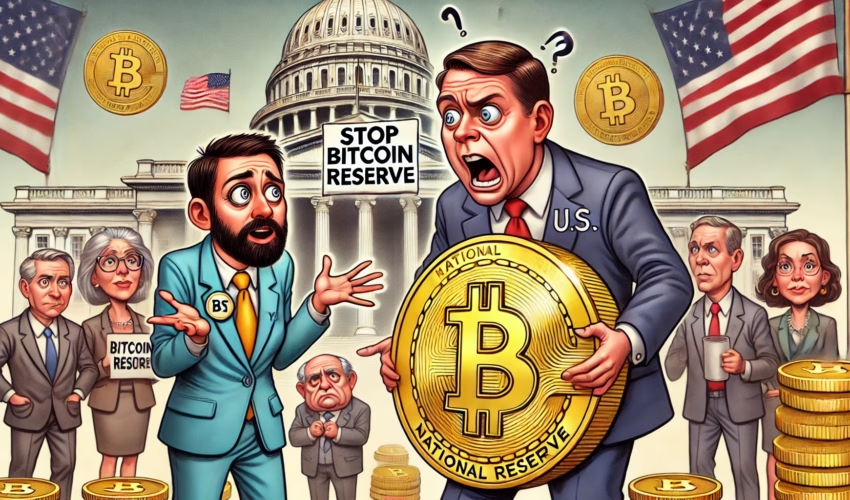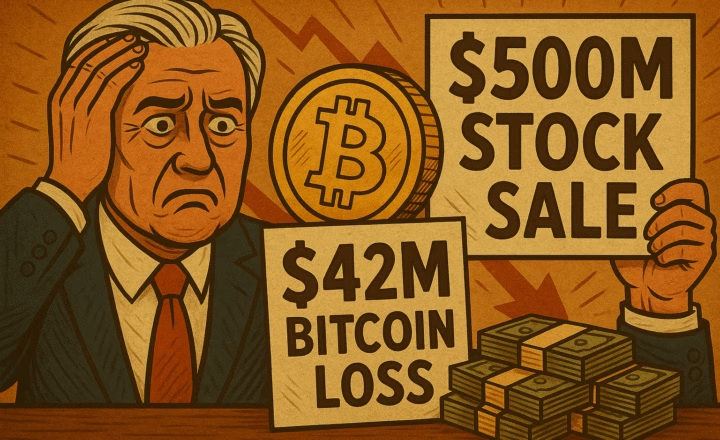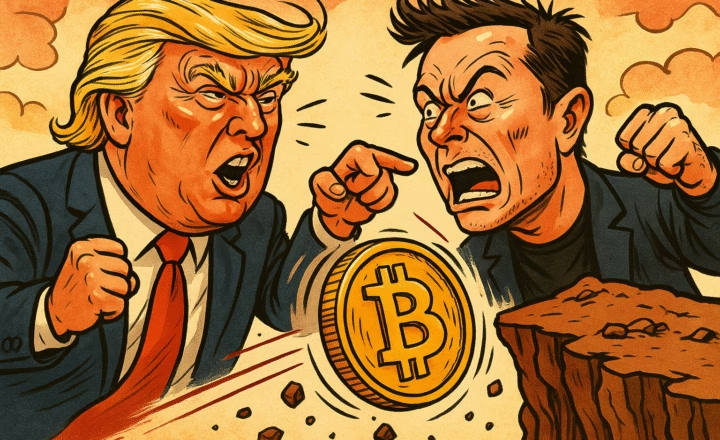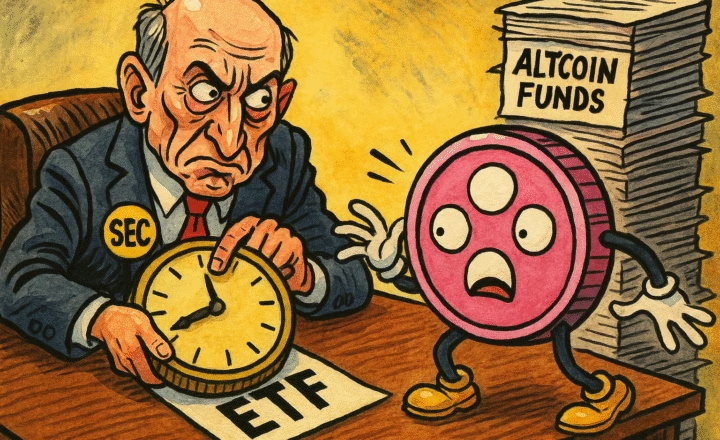Democratic Lawmaker Urges Treasury to Halt President Trump’s Bitcoin Reserve Plan
In March 2025, President Donald Trump signed an executive order to establish a strategic Bitcoin reserve as part of the U.S. government’s digital asset strategy. This initiative directs the government to retain seized Bitcoin instead of liquidating it and calls for the development of a budget-neutral strategy to acquire additional Bitcoin without imposing extra costs on taxpayers.
However, Democratic Representative Gerald Connolly has formally requested that the Department of the Treasury halt the initiative, citing concerns over Bitcoin’s price volatility, regulatory uncertainty, and potential risks to taxpayers.
Overview of President Trump’s Bitcoin Reserve Plan
President Trump’s executive order aims to create a strategic Bitcoin reserve managed by the government. This reserve will consist of Bitcoin seized through criminal and civil asset forfeiture proceedings, with the government retaining rather than selling these digital assets. The plan seeks to position the U.S. as a leader in the global cryptocurrency market.
Additionally, the Treasury and Commerce Departments have been tasked with developing a budget-neutral strategy to acquire Bitcoin, meaning the government would use existing financial assets rather than taxpayer funds to expand its holdings. This approach is intended to minimize financial risk while integrating Bitcoin into national reserves.
Concerns Raised by Representative Gerald Connolly
Representative Gerald Connolly, a Democratic member of the House of Representatives, has urged the Treasury Department to reconsider the plan. His primary concerns include:
- Bitcoin’s price volatility: The cryptocurrency market is highly unstable, and holding Bitcoin as a government asset poses significant financial risks.
- Regulatory uncertainty: The legal framework for digital assets remains unclear, raising concerns about potential compliance and oversight challenges.
- Taxpayer impact: If Bitcoin’s price declines, taxpayers could ultimately bear the financial burden of government-held losses.
Connolly has formally requested that the Treasury reassess the plan’s risks and consider its long-term economic implications before implementation.
Market and Economic Impact of the Bitcoin Reserve Plan
Following the announcement of Trump’s Bitcoin reserve initiative, Bitcoin’s price experienced a temporary surge, reflecting optimism among crypto investors. However, market sentiment remains cautious, as concerns linger about how large-scale government holdings might influence Bitcoin’s long-term valuation.
If the U.S. government becomes a major Bitcoin holder, other countries may also consider adopting similar policies, potentially leading to broader geopolitical and financial shifts in the global economy.
Expert Opinions and Future Outlook
Economists and financial experts remain divided over the implications of a government-controlled Bitcoin reserve.
Supporters argue that Bitcoin, often referred to as “digital gold,” could serve as a long-term store of value and help hedge against inflation. On the other hand, critics warn that Bitcoin’s volatility and regulatory uncertainty make it an unsuitable asset for national reserves.
In the coming months, debates within the Treasury Department and Congress are expected to shape the feasibility and implementation of the initiative. Additionally, global trends in crypto regulations and central bank policies may influence the direction of the U.S. government’s Bitcoin strategy.
Conclusion
President Trump’s Bitcoin reserve plan represents a significant shift in U.S. cryptocurrency policy. However, concerns over price volatility, regulatory issues, and financial risks have led Democratic lawmakers to push for reconsideration.
As discussions continue, the future of the U.S. government’s Bitcoin holdings remains uncertain. Policymakers and financial experts will need to weigh the risks and opportunities carefully, considering both domestic economic impacts and global regulatory trends. Investors and industry participants should closely monitor developments, as the outcome of this debate could set a precedent for how governments integrate cryptocurrencies into national financial systems.












